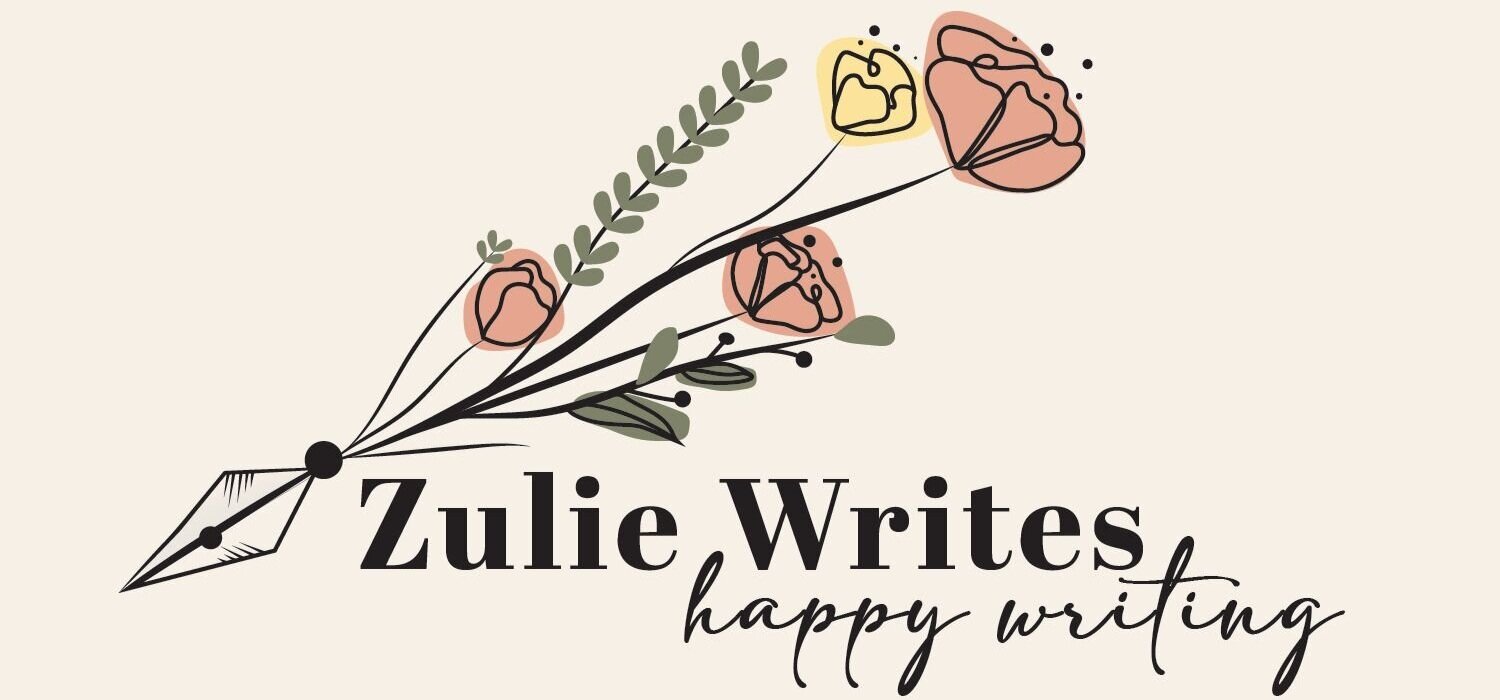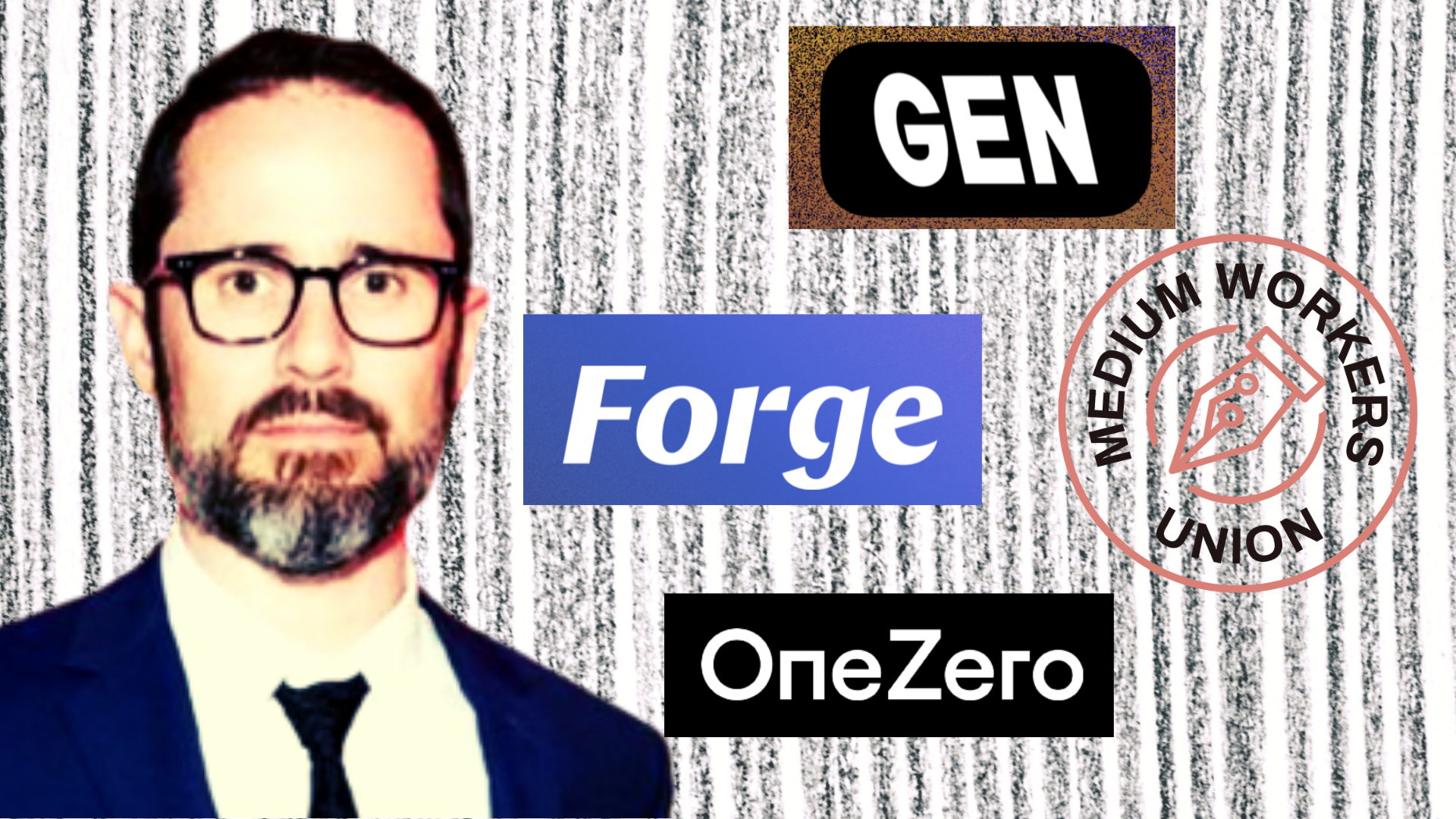What Does Medium’s Buyout of Its Editorial Team Mean For Indie Writers?
Image created by author in Canva.
Ev’s email about the editorial team buyout is… pretty wild.
Weren’t we just here? Didn’t I just make a video and article about some new earth-shattering Medium update?
For those of you who aren’t in the know, Ev Williams (Medium’s CEO) dropped a pretty big bomb on us, the writers of Medium, and apparently his entire staff as well.
“We are making some changes to our editorial strategy and leadership and giving a voluntary exit option to employees who would like to take a different path,” Williams wrote in his post/email.
The upshot is that the editorial team at Medium’s big publications - OneZero, Forge, Marker, Elemental - are being bought out. Ev says he’s doing this because they’re too expensive to run. He’s given the editorial team two options: voluntary separation, with a 5-month paycheck, and 6 months healthcare. Or they can stay on to an uncertain job with many changes.
Nobody knows what these pubs will look like post buyout, not even Ev!
Here’s his full email and post.
Here’s my video on the subject, if you prefer watching.
It appears that nobody, not even the editorial team at Medium, really knew this was happening - just last week, they launched a new publication, Index.
There are a LOT of thoughts here. I’m going to split this article into five parts:
The context.
What it means for editors.
The reception.
My theories and thoughts.
Final takeaways about the reception and the future of Medium
Quick disclaimer: I have no idea about any of this. Williams does not confide in me (though if he ever wants to, you know how to find me, Ev). This is all speculation and what’s freely available on the internet. I’ll link to any information I know for sure, and you should treat everything else as my own personal opinion.
The context behind Medium’s in-house publications.
Two years ago, Medium started creating these publications. Medium’s scene had been super indie before, and now it was promoting these professional, glossy, industry-level insider pubs.
I like to think of Medium publications as in three tiers: the regular old ones that anyone can create, like me and mine. Then there are the “good” publications, that may have auto-curation and a very good relationship with Medium, but that are not owned by Medium, like the Ascent. And finally, the in-house publications that Medium unveiled in 2019, with a real budget and paid employees to work on them.
OneZero was the first of nine. Medium paid a flat fee to writers who published in their in-house publications, somewhere between $100 and $300. I’ve had work in Forge, OneZero, Human Parts, and Tenderly, back when Tenderly was part of it. I had a decent working relationship with some of the editors there.
When they were first announced, they dominated the homepage. Medium pushed these stories and publications everywhere. If you got in, and Medium chose to feature that story on the homepage, it was like a viral ticket.
Over time, they moved away from promoting these publications as heavily. The homepage was more personalized to what you liked, and less of the Medium-owned pubs. I assume this was because they A/B tested and found that the personalized homepage was more successful. (A warning sign for anyone who was paying attention.)
Now, two years later, Ev says they can’t pay for themselves so he’s dissolving (?) them.
“…we need to experiment more efficiently than we have been to date. I can see more focused, high-affinity publications working well as part of the Medium bundle. And I can also see the editorial team being great at conceiving and executing those types of publications. The most important thing is that we need to iterate quickly and optimize for what’s working.” - Ev Williams in his email/post about the editorial team’s buyout.
It sounds like they’ll continue to exist in some capacity, but with a heavily reduced budget and a lot more instability and uncertainty.
What it means for editors.
The editorial team at Medium consists of around 80 people. And of them, it doesn’t seem like anyone really knows what this means. This is a screenshot of some of the tweets of editors of Medium publications right after they apparently found out:
They have the option to leave today and get 5 months salary and 6 months healthcare benefit. Or they can stay. They don’t really know what it is that they’d choose to stay at, however.
“Employees were told that they did not have to take the buyouts but that their jobs would most likely change if they stayed, the people said,” writes the New York Times.
This section is short because it’s full of uncertainty. A lot of talented and hardworking individuals have been incentivized to quit. Those who stay don’t know what will be left.
What was the reception of the editorial buyout?
Let’s call it mixed. The reception was broadly separatable into two camps, positive and negative.
The negative reception was mostly perpetrated by legacy media figures. It’s understandable - people saw yet another slew of skilled writers thrust into a sea of uncertainty - after a ton of layoffs, private equity purchases, and the perceived general decline of media. It’s a scary atmosphere.
This is also in the context of Medium’s failed unionization drive. Medium Workers Union tried to form in February 2021, though it ultimately did not reach the number of votes it needed to be formally recognized, falling just one vote short of the simple majority. Many people believe this is a blatant attack on the unionization efforts, especially as Ev Williams apparently hired a unionbusters firm at the time, and made veiled comments about how he’d heard how hard it might be to secure VC at a unionized company, according to this VICE article. The editorial team was largely in support of unionization, and many people see this as retaliation.
The positive reception came from writers. I checked out the comments on the post, and I spoke privately to many of my Medium writing friends. Most writers commenting on this post saw this as a positive, favorable change. The in-house publications were seen as traditional media, which was never Medium’s selling point. Medium has always been loved by indie writers who don’t have a journalism career or degree. Writers, for the most part, see gates falling away.
Screenshot taken from the comments of Williams’ post.
What do I think about the editorial team’s buyout?
You know what? Medium has always been a home for indie writers. What I’ve loved about it since day one is that a cat lady with zero formal writing background but with a love of the written word and dteermination to succeed can build a career of the back of this. I found an audience on Medium. I found my voice on Medium.
In 2018, when they brought in the big professional journalists, to me, it felt like a step back from Medium’s strength. They were gatekeeping. It was hard to get it.
When you did get in, you lost a lot of the creative power - Forge, for example, effectively rewrote my posts to the point that I questioned why I had even written them. OneZero, while much less heavy-handed with edits, would change my titles. While I benefited from working with real, professional editors, and my name became slightly more widely known in the social media/tech area because of my couple of stories with OneZero, it wasn’t perfect.
They were well within their rights to make these changes, but that was the tradeoff.
Furthermore, I had no idea what the niche of some of them was as they all seemed to overlap depending on what was the hot-button issue at the moment. We saw social justice posts in Forge, the self-improvement pub. We saw self-improvement in Elemental, the health pub. We saw public health posts in GEN, the publication about politics and culture. It seemed they were all in search of views and lacked the strong niching that many smaller, non-Medium-owned publications have, like P.S. I Love You.
Here’s what I think happened: I think Medium tried to create highbrow editorial content that it thought readers should want to read, instead of promoting content readers actually want to read. And I’m not surprised it failed. If anything, I’m surprised it lasted two whole years.
Out of my viral stories, not a single one had been in those big Medium-owned pubs. They were all in publications that were built from the ground up by non-Medium employees, with a real trust and a dedicated audience - Mind Cafe, The Ascent, Post-Grad Survival Guide, P.S. I Love You.
I am part of a writer’s slack group where we frequently and lovingly complain like old fishwives about the direction Medium is going in. Most of us are 100% indie. Long before the unionization drive, we were shocked that Medium kept up it’s in-house pubs because we just didn’t understand how they could pay for themselves.
I don’t know Ev - maybe it is retaliation. The timing could certainly be better. But all I can say is I’m not surprised that they’re putting more resources into indie writers.
Final thoughts on Medium’s editorial team update.
I want to end with this screenshot from 2018:
Medium has a long history of doing whatever the f* it wants with publications, writers, the algorithm, etc with very little warning. We’ve always known that. It sucks. But it’s part of the game.
As a writer, I’ve always known to roll with whatever punches Medium has. And that means creating a video and article out of schedule because Medium dropped yet another bomb. And it means pivoting again towards pubs I know and trust, rather than pubs that have Medium’s ear.
I believe that the majority of those who believe this decision makes no sense, or that Medium is losing its way because it’s giving up quality pubs - they don’t truly understand Medium. For example, in this scathing piece published by the Verge, Casey Newton writes, “…the data suggested that Medium’s original journalism was not converting free readers to paid subscribers. Surprisingly, what seemed to convert readers most reliably were random stories on the digital content farm that had sprung up around its high-gloss publications.” (Though he disclosed a financial relationship with Substack, which makes him at least partially biased.)
This fact is not surprising to anyone who actually spent time on Medium. Medium’s strength has never been competing with established, trusted publications like VICE, the Cut, or the Atlantic. Readers here have never wanted to be prescribed what they should want to read - they’ve always enjoyed finding viral stories and viral voices, no matter what their journalistic background.
The editorial team at Medium have my sympathy, especially if this was partially in retaliation to the unionization drive. Ev Williams’s announcement was incoherent, unclear, and unexpected. But I hope that this means Medium is ready to believe in its indie voices once again.




